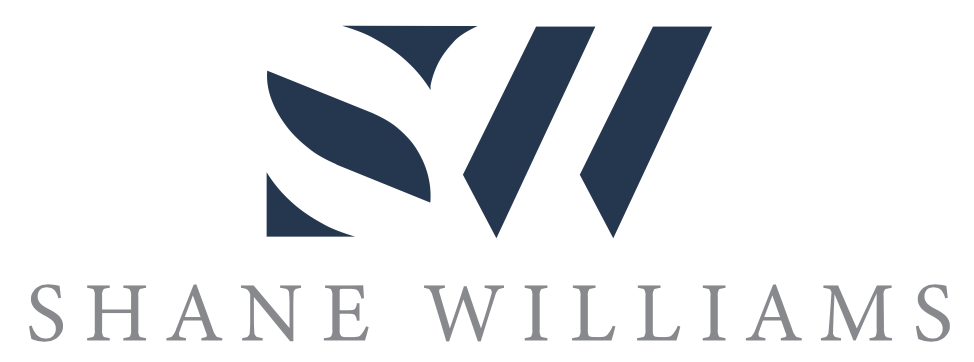Legendary founders and the importance of people strategy in scaleups.
During last week’s episode of Platform Diaries, Nigel Dalton and I unpacked how building a scalable product and proving the market is difficult, but scaling your business is harder. My guest today is here to expand upon this conversation, once again proving that the people will always be just as important as business when scaling your company.
Mary Butler is an international best-selling author and a people strategy coach and mentor. During this week’s episode, Mary shared the secrets that startup founders should know to enable them to scale. Like many of my guests, Mary is a firm believer that people are just as important in your startup or scaleup as platforms and products.
“People strategy is the end to end, holistic view of people within an organisation or scaleup. The reason it is important is because once you hire the right people, you can engage and retain them,” Mary shares. “People strategy looks at the whole employee cycle.”
Immediately, the benefits for both scaleups and startups are clear. By retaining your best employees, while also attracting potential high calibre candidates, your growth is set in motion.
In order to really deep dive into today’s topic, I asked Mary to differentiate the difference between startups and scaleups.
“The OECD definition is scaleup is a company who has an average annualised return of at least 20% in the past 3 years, with at least 10 employees in the beginning of the period. That definition is quite broad, and I like to use an analogy. I think a startup is a lot like a garage band. It’s likely just your mates and you’re recruiting people who are passionate about your concept. When you begin to attract more members and somebody in the band begins to move into a leadership position, then we move into the scaleup space. Then you need to start putting policies and procedures in place and be a bit more discerning about who you’re hiring, and that’s why I think it is a bit like a jazz band. It’s got some guidelines, but it’s still got the opportunity to improvise and be flexible”
The garage band to jazz band transition is a tricky one for many companies. Mary believes that during this phase, it is often the founders who can act as roadblocks for company success. Just as John Lennon founded the Beatles, he is notoriously pinned as the figure that tore them apart.
“Of the CB insights from 2021 about the top 20 reasons why startups fail, six of those were about people… I find it interesting when I coach because they rarely look at “people's mistakes”. They talk about market strategy going wrong or a failed product concept.”
Mary thinks that it is at the jazz band point in the scaleup where founders start to become a liability.
“They are really busy, they want to be involved in everything, and they can become quite controlling because this scaleup is their baby. Everything becomes a bit of a bottleneck at the founder,” Mary shares.
Just as Nigel spoke about last episode, the fear of making mistakes often leads to indecisiveness.
“They can let their ego get in the way. They are really, really clever people who are very driven, but they often need to learn to let go and start reflecting.”
The next biggest challenge, according to Mary, is figuring out what role the founder is going to play.
“They need to set boundaries and communicate to the team.”
Apart from the founders themselves, Mary thinks not building the right team is another way to undermine the success of your startup. She warns of hanging onto the ‘destructive heroes’ or ‘brilliant jerks’, people who will likely have been there from the start.
Lastly, she thinks that garnering talent at a budget that you can afford will help your business strategy and is more effective than getting the ‘best’ or most ‘senior’ people. From experience, this is the kind of trap that people fall into and often leads to a disregard for people already within the organisation to develop.
I wanted to know what Mary thought senior leaders in scaleups should be doing to enable their growth.
“The first one is reputation. What’s the identity you want to have, how do you want to be known and what’s your internal and external brand. The second role is clarity. I referred earlier to the bottleneck that can occur, so I think leaders need to be aware that you’re handling some things, but you also must let other things go. The last point is relationships. Ask yourself ‘who is in your network?’, ‘how well are you communicating with your people?’, ‘how clear is your message?’.
Are you running things a bit too much like Guns N’ Roses and not enough like a jazz band? Or perhaps your priorities are still lying with your product, rather than people. Mary knows the importance of people strategy in scaleup.
